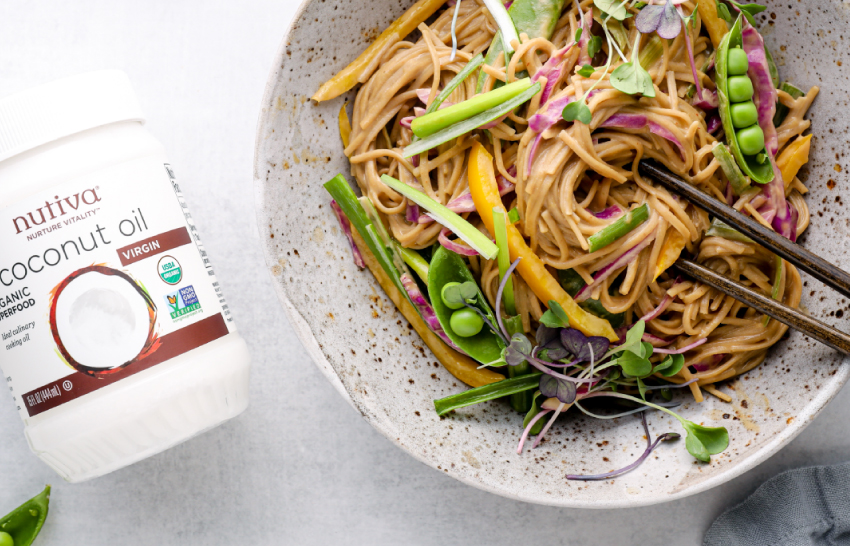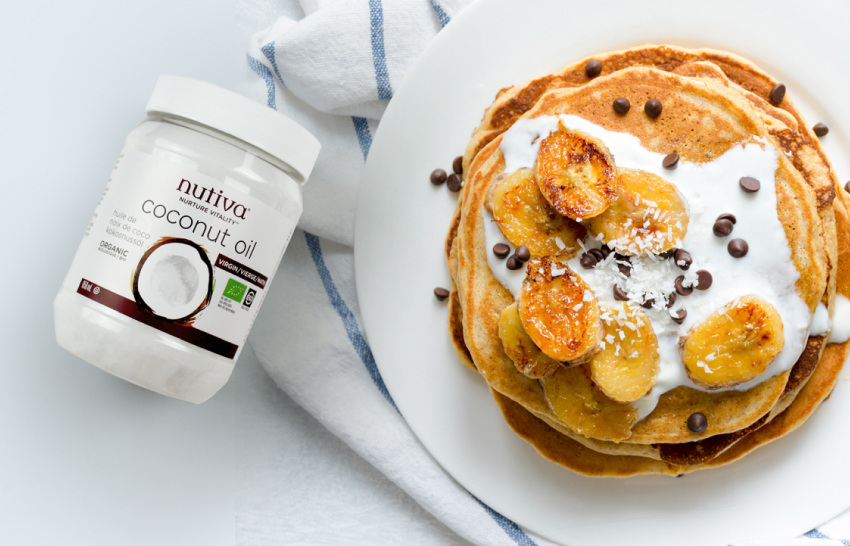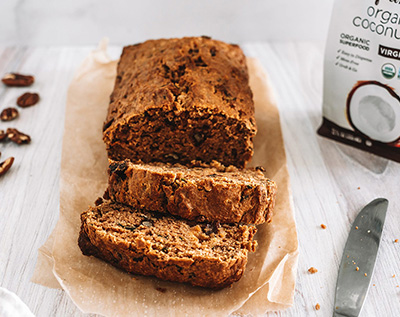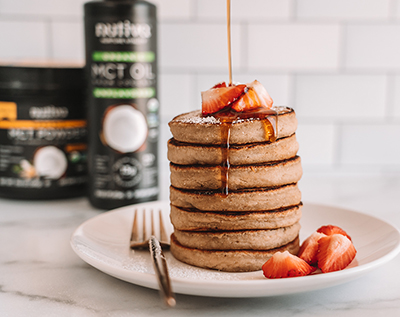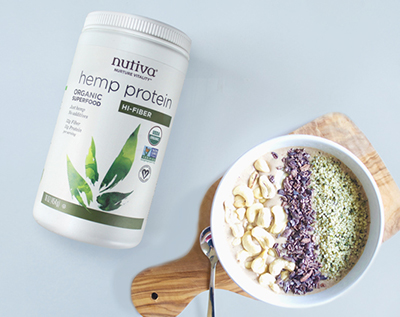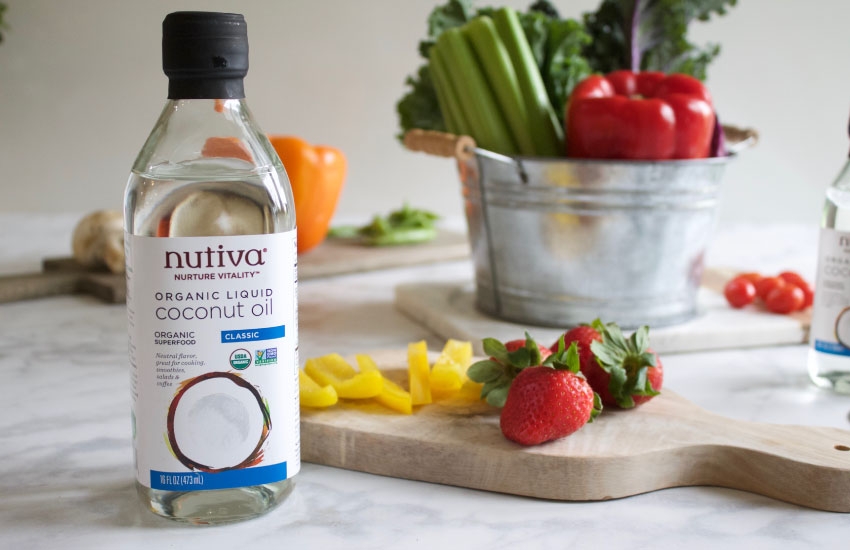
The hype around the superfood coconut is not dying down, with new reports and studies being released every week. Celebrities such as Gwyneth Paltrow, Kourtney Kardashian and Emma Stone have all endorsed coconut oil and famous chefs continue to use it extensively in their recipes.
It’s easy to see the appeal. Coconut is a natural enticing exotic ingredient with a natural sweetness in addition to its creaminess. Its versatility has undoubtedly attracted us all to have this ‘superfood’ stocked at home in one shape or form.
Healthy or not? Is it all a marketing buzz or is there any truth to it?
Coconut oil is made of saturated fats (86%), even higher than butter (51%) or lard (39%) (British Dietetic Association, 2018).We have known for many years that eating saturated fats increases our bad cholesterol (LDL) and in turn increase our total cholesterol levels. The understanding until now has always been that all saturated fats would unfortunately put us at risk of cardiovascular disease, when consumed in particular amounts (British Heart Foundation, 2018)
Trust me I’m a doctor
In light of the latest BBC media coverage in ‘Trust Me I’m a Doctor', we thought it would be the perfect time to write about coconut oil. The study conducted on 94 volunteers, showed that coconut oil actually contributed to a particularly large rise in the good cholesterol (HDL) by 15 % while causing no rise in the bad cholesterol (LDL). The outcome of that particular study showed that in essence, coconut oil had reduced the risk of developing heart disease or stroke.
One of the proposed understandings is that one of the main saturated fats in coconut oil consists of lauric acid, which may impart a different biological effect on blood lipids (fats) compared to other types of fatty acids.
Where do we stand?
This study was a small scale study done over a short period in time and some may say it isn’t sufficient to make conclusions about the health benefits of coconut oil.
The British Heart Foundation maintains that it is still best to only use small amounts of unsaturated oils as a daily choice instead of consuming coconut oil freely (just as you would for butter).We believe that it may be because BHF (2018) did not then have enough evidence based published research.
However not all oils are equal. Other vegetable, nut and seed oils are unsaturated oils and although seen as an alternative to saturated fats, they simply do not possess the same chemical structure and properties. They do not hold the same resistance to heat as coconut oil would; they are unstable and ‘oxidise’ upon high heat. This process creates unhealthy forms of fats as well as free radicals which are not good for our bodies.
Why choose coconut?
If saturated fats are bad for us, why choose coconut? Well, research shows that the saturated fats in coconut oil behave in a different way to saturated fats in animal foods. Most of the fat in coconut oil consists of medium-chain fatty acids (MCFAs) which, contrary to long-chain fatty acids, are not stored in fatty tissue in our bodies. For this reason, coconut oil has actually been investigated for its potential to help with weight management and heart health. MCFAs are also more easily absorbed than other fats, and more quickly transported to the liver and converted to energy. Because coconut oil is from a plant source, it doesn’t contain any cholesterol either. As mentioned before it is thought to favour our levels of healthy HDL cholesterol, but not affect our levels of the unhealthy LDL cholesterol.
Our Nutritionists Recommend
Use only stable oils for high heat cooking such as coconut oil whilst oils like those made of monounsaturated or polyunsaturated fats such as hemp, canola and olive should only be used for drizzling on food to retain their nutritional benefits. There is no harm in continuing to use coconut oil in moderation in daily cooking or for its other wonderful uses. Keep your eyes peeled for future information and as long as it has evidence-based associated health claims, you can make an informed choice!

